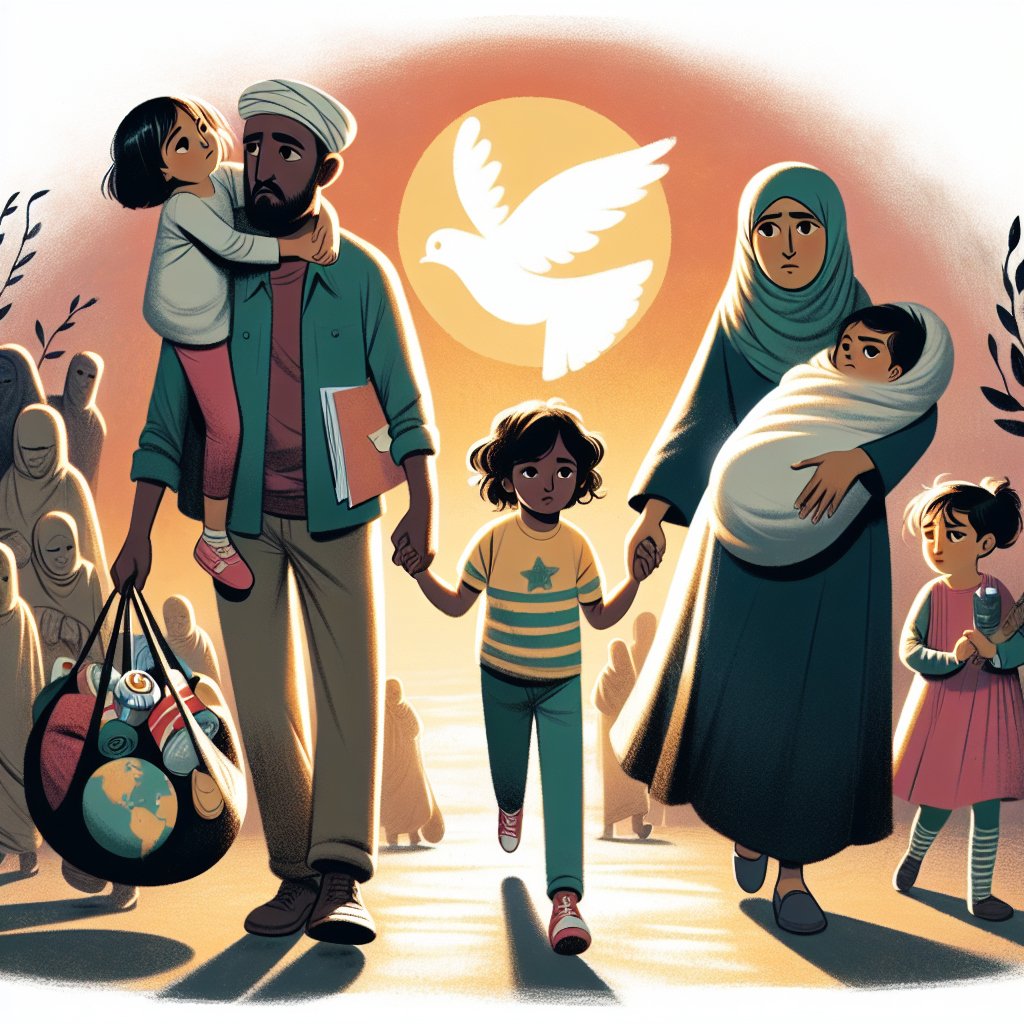UN Experts Urge Pakistan to Halt Deportations of Afghans Amid Humanitarian Risks
The move places millions at immediate risk, with reports already surfacing of arbitrary arrests, detentions, and forced deportations across refugee-hosting communities.

United Nations human rights experts have raised urgent concerns over Pakistan’s planned deportations of Afghan refugees starting 1 September, warning that such actions could have devastating humanitarian consequences and would breach fundamental international legal obligations.
Millions at Risk
Pakistan is home to one of the world’s largest refugee populations, with an estimated four million Afghans residing in the country, including long-term residents, undocumented migrants, and newly arrived asylum seekers fleeing persecution after the Taliban takeover in 2021. Many have lived in Pakistan for decades, and some were even born there, never having set foot in Afghanistan.
Under the ‘Illegal Foreigners Repatriation Plan’, the Government of Pakistan confirmed on 31 July that it will begin large-scale deportations from September, including for the first time those holding Proof of Registration (PoR) cards—a status previously granting Afghan refugees legal stay.
The move places millions at immediate risk, with reports already surfacing of arbitrary arrests, detentions, and forced deportations across refugee-hosting communities.
Humanitarian and Legal Concerns
UN experts warned that deporting Afghans en masse would push vulnerable individuals into a country already mired in a severe crisis:
-
Over 3 million people in Afghanistan are already internally displaced.
-
Women and girls face near-total exclusion from education and employment.
-
Members of the former security forces, ex-government officials, and civil society activists risk persecution, detention, or extrajudicial killing.
-
Afghans of diverse sexual orientations and gender identities face systemic discrimination and threats to their safety.
“Pakistan has an obligation under international human rights and refugee law not to return anyone to a place where they face serious threats to their lives or freedom,” the experts said, reminding Islamabad of its duty to uphold the principle of non-refoulement. This prohibition is a binding element of both treaty and customary international law.
Impact on Women and Children
The deportations will also disproportionately affect Afghan women and girls. Many stand to lose what little access they have to education, as girls’ schooling above Grade 6 remains banned in Afghanistan.
Women-headed households and families without a mahram (male guardian) face heightened risks of abuse, exploitation, and exclusion if forcibly returned. “Many of those facing deportation have no home to return to in Afghanistan and lack family or community support networks,” the experts noted.
International Burden-Sharing and Solidarity
While recognizing Pakistan’s long history of hosting Afghan refugees—dating back to the Soviet invasion of Afghanistan in 1979—the experts criticized the lack of international solidarity. Many countries that had pledged to resettle Afghan refugees after the Taliban resurgence have since scaled back or halted resettlement programs, leaving Pakistan and Iran to bear the overwhelming responsibility.
The experts urged the international community to step up humanitarian assistance, provide financial and logistical support to Pakistan’s host communities, and revive meaningful resettlement commitments to third countries.
Call for Immediate Action
The experts appealed directly to Pakistan to immediately halt the planned deportations and ensure respect for international law, citing the UNHCR’s 2023 Guidance Note on the International Protection Needs of People Fleeing Afghanistan.
“Afghan refugees and others in exile need sustainable, humane, and rights-respecting support and protection,” the experts emphasized.
As the September deadline looms, the fate of millions of Afghans in Pakistan remains precarious. The UN’s warning is not only a call for Pakistan to reconsider its approach but also a broader appeal to the world to recommit to responsibility-sharing and refugee protection in line with international human rights and refugee law.










